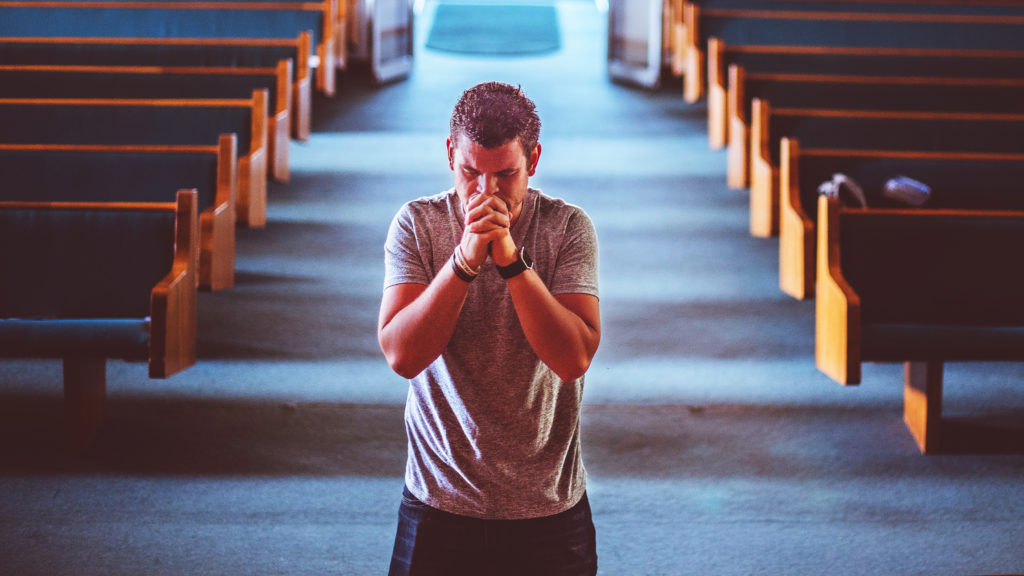By the time we realized March Madness for the year 2020 would not describe basketball brackets, rivalries and surreal roundball moments, the normal activities of life as we know it had practically shut down.
COVID-19 became a household term, and our homes, offices, schools, churches and devices might just be the cleanest they’ve ever been.
Online screenings and drive-thru testing centers emerged seemingly overnight.
Many conferences, classes and church services were canceled, rescheduled or moved online.
Airlines and hotels removed all rescheduling and cancellation fees. They even made it super easy to go online and click through the necessary items in a matter of seconds.
Leaders at all levels assessed, reassessed and worked hard to make the best decisions they could for the people for which they were responsible, as well as for the businesses and organizations they lead.
And when Alabama’s first confirmed case of COVID-19 was announced March 13, the assessments narrowed to an even more laser-focused stance.
While our team at TAB Media worked to stay up on all the latest reports and announcements, we also performed appropriate assessments related to our staff and office as well.
Past experiences of unforeseen difficult events, such as the Snowpocalypse winter storm of 2014, the April 2011 tornado devastation in Alabama, the H1N1 flu pandemic of 2009 and other experiences through the years, provided opportunities to develop crisis management plans we still use today.
As crises emerge along the way, we always try to dust off our existing plans and put those into play while also adapting as needed to the current situation and accounting for new technology and resources available to us.
Learning from each experience makes us better and more prepared for the next event sure to come our way. Having a crisis management and communications plan prevents panic and uncertainty because team members trust the leadership and are informed early, consistently and with clarity about what to expect and how to prepare.
Even a basic plan such as knowing who is in charge during a crisis and naming one person to handle all outgoing and incoming communications gives an advantage in focusing quickly on determining priorities.
As we find our way through the COVID-19 pandemic, I’m confident history will report amazing stories of people of faith shining for Jesus.
Volunteers trained in medical missions and Southern Baptist Disaster Relief will undoubtedly be on the front lines.
Believers with a chaplain’s heart will work to calm the masses, and people of prayer will unite across the globe to call on God to lead us through this journey.
And I believe the best of each of us will surface as we come together. Take this opportunity to calm your heart and mind and sling some Jesus all around.






Share with others: